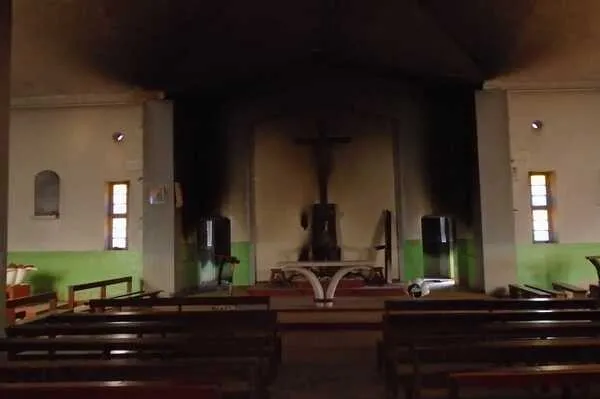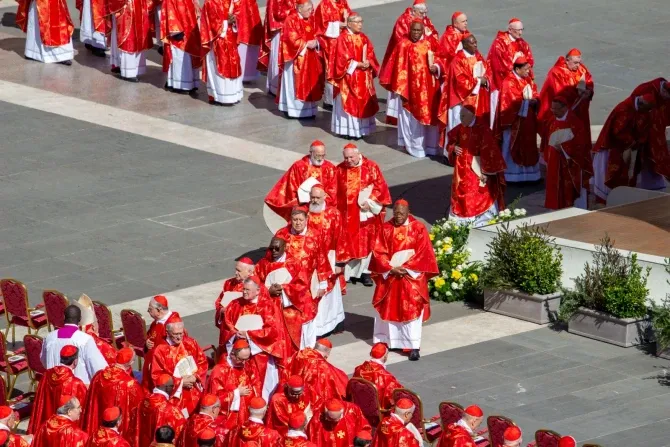Nacala, 09 October, 2022 / 5:21 pm (ACI Africa).
The people of God in Cabo Delgado and other Provinces in the North of Mozambique are experiencing “a new style of warfare” amid terrorist attacks, a Catholic Bishop has said.
In an interview with ACI Africa, the Local Ordinary of Mozambique’s Nacala Diocese spoke about the situation in Cabo Delgado Province that is under his Episcopal See and appealed for support for Internally Displaced Persons (IDPs) who are fleeing the violence.
“We are seeing a new style of warfare, a type of guerrilla warfare, not an ordinary war,” Bishop Alberto Vera Aréjula told ACI Africa during the October 6 interview, and explained, “Guerrilla warfare is more difficult to control, because a group of six or eight can do a lot of harm.”
Bishop Aréjula added, “The terrorists are targeting institutional buildings; they have burned and destroyed schools, health centres, police stations, banks, administrative offices; anything that is institutional they burn and destroy.”
The Spanish-born member of the Order of Our Lady of Mercy (Mercedarians) further said the September 6 attack that claimed the lives Sr. Maria De Coppi of the Comboni Missionary Sisters (CMS) and 11 other people left a “trail of destruction, bloodshed and instilled fear”.








